Home For Sale Winding Way Marlton Nj – The durability and longevity of these products mean they don’t need to be replaced as frequently, reducing the need for constant purchases and ultimately saving money in the process. In some cases, sellers may be willing to offer financing options, where they agree to receive payment over time, which can make the business more attractive to potential buyers. We live in a society where people constantly trade their time for money, their expertise for compensation, their dreams for tangible rewards. The very notion that everything can be bought and sold creates a society where inequality is not just accepted, but ingrained in the very structure of the economy. On the other hand, traditional industries such as brick-and-mortar retail or manufacturing may face challenges, with many businesses in these sectors looking to sell or transition due to changing market conditions. In a world that often prioritizes convenience
The notion of a business for sale is one that captures the imagination of many. The sale agreement will include details about the purchase price, payment terms, assets being transferred, and any contingencies that may apply. From online platforms to local thrift stores, second-hand goods offer an opportunity for consumers to access unique products, save money, and reduce their environmental footprint. Second-hand goods, especially those that are vintage or antique, often carry a sense of history and craftsmanship that can be missing from mass-produced products. They are intended to last for a limited amount of time, after which they become outdated, broken, or no longer functional. The world of second-hand goods for sale is vast and varied, encompassing everything from clothing, electronics, and furniture, to books, antiques, and collectibles. But in the end, whether it’s an item or an individual, the process of being “for sale” is a negotiation of worth, a moment of exchange. Quality goods transcend trends and fleeting fads. Many everyday products, such as kitchenware, footwear, and tools, can also be considered quality goods, provided they are made to last and perform well over time. Thrifted clothing, vintage furniture, and pre-owned electronics are often seen as more authentic and unique than brand-new, mass-produced items. For sellers, online platforms can expand their reach to a global audience of potential buyers, increasing the chances of finding the right match for their business. The truth is that the idea of quality is deeply rooted in the philosophy of craftsmanship, heritage, and trust, which explains why certain items, often categorized as quality goods, tend to be prized more than others, even when they may come with a higher price tag. As more and more people become concerned about the planet’s resources and the impact of consumerism on the environment, the concept of buying used goods has gained traction as a more sustainable alternative to purchasing new products. These goods, once owned and used by someone else, offer a unique opportunity for both sellers and buyers to exchange items that might otherwise go unused. The focus on longevity and reliability is what sets these goods apart from their mass-market counterparts.
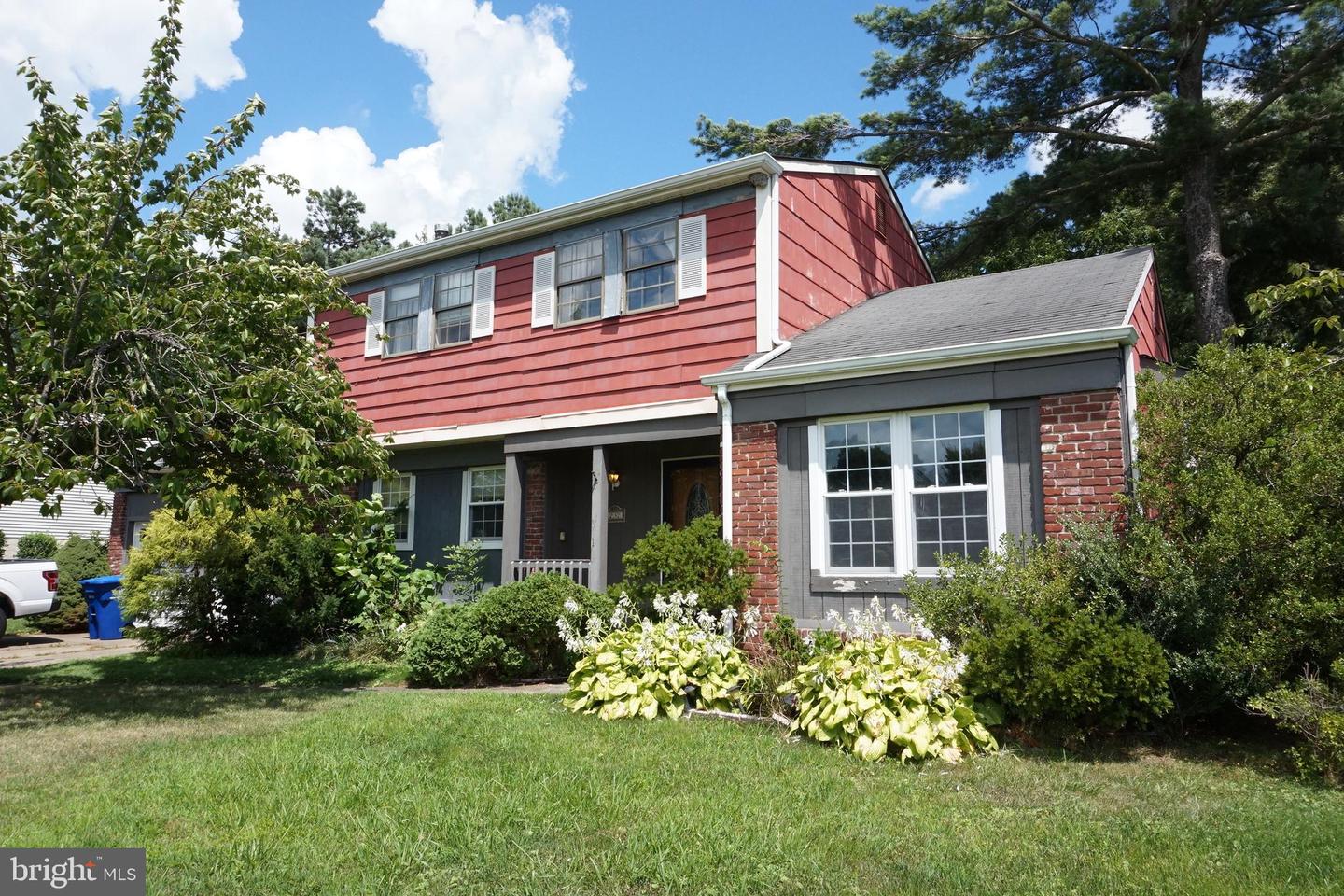
NJBL2031644.jpg?ts=638028926400000000
Neighborhood infosearch by commute timedraw your own search areahome buying tips Virtual 3d tours of homessimilarly sold homestax historyfree mortgage calculator Floorplanupdated sales infolocal expert advicelifestyle
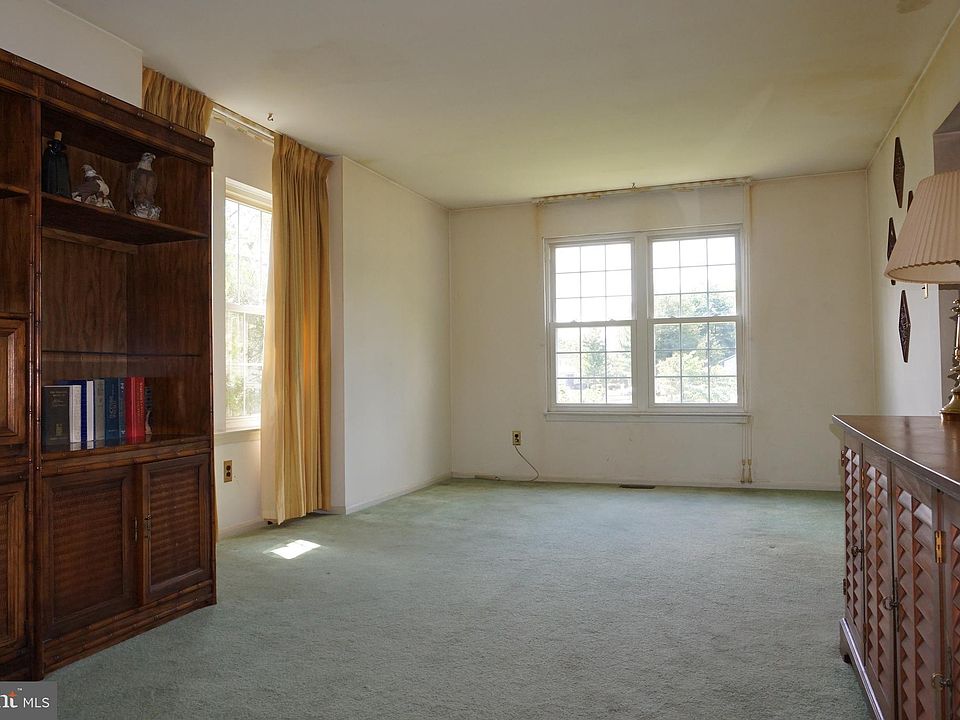
232 Winding Way, Marlton, NJ 08053 Zillow
Floorplanupdated sales infolocal expert advicelifestyle Virtual 3d tours of homessimilarly sold homestax historyfree mortgage calculator Neighborhood infosearch by commute timedraw your own search areahome buying tips
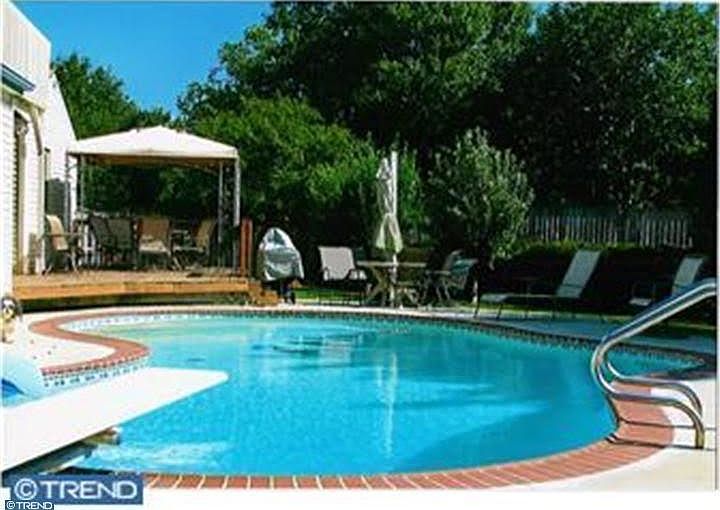
231 Winding Way, Marlton, NJ 08053 Zillow
Virtual 3d tours of homessimilarly sold homestax historyfree mortgage calculator Floorplanupdated sales infolocal expert advicelifestyle Neighborhood infosearch by commute timedraw your own search areahome buying tips
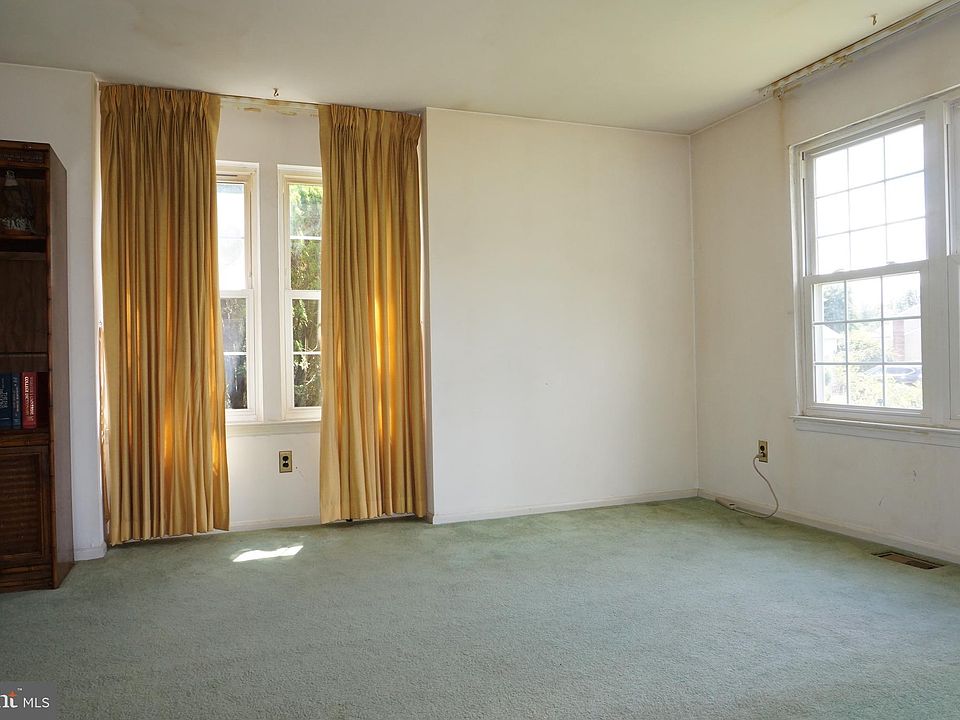
232 Winding Way, Marlton, NJ 08053 Zillow
Floorplanupdated sales infolocal expert advicelifestyle Neighborhood infosearch by commute timedraw your own search areahome buying tips Virtual 3d tours of homessimilarly sold homestax historyfree mortgage calculator

238 Winding Way, Marlton, NJ 08053
Floorplanupdated sales infolocal expert advicelifestyle Neighborhood infosearch by commute timedraw your own search areahome buying tips Virtual 3d tours of homessimilarly sold homestax historyfree mortgage calculator

229 Winding Way, Marlton, NJ 08053
Floorplanupdated sales infolocal expert advicelifestyle Virtual 3d tours of homessimilarly sold homestax historyfree mortgage calculator Neighborhood infosearch by commute timedraw your own search areahome buying tips
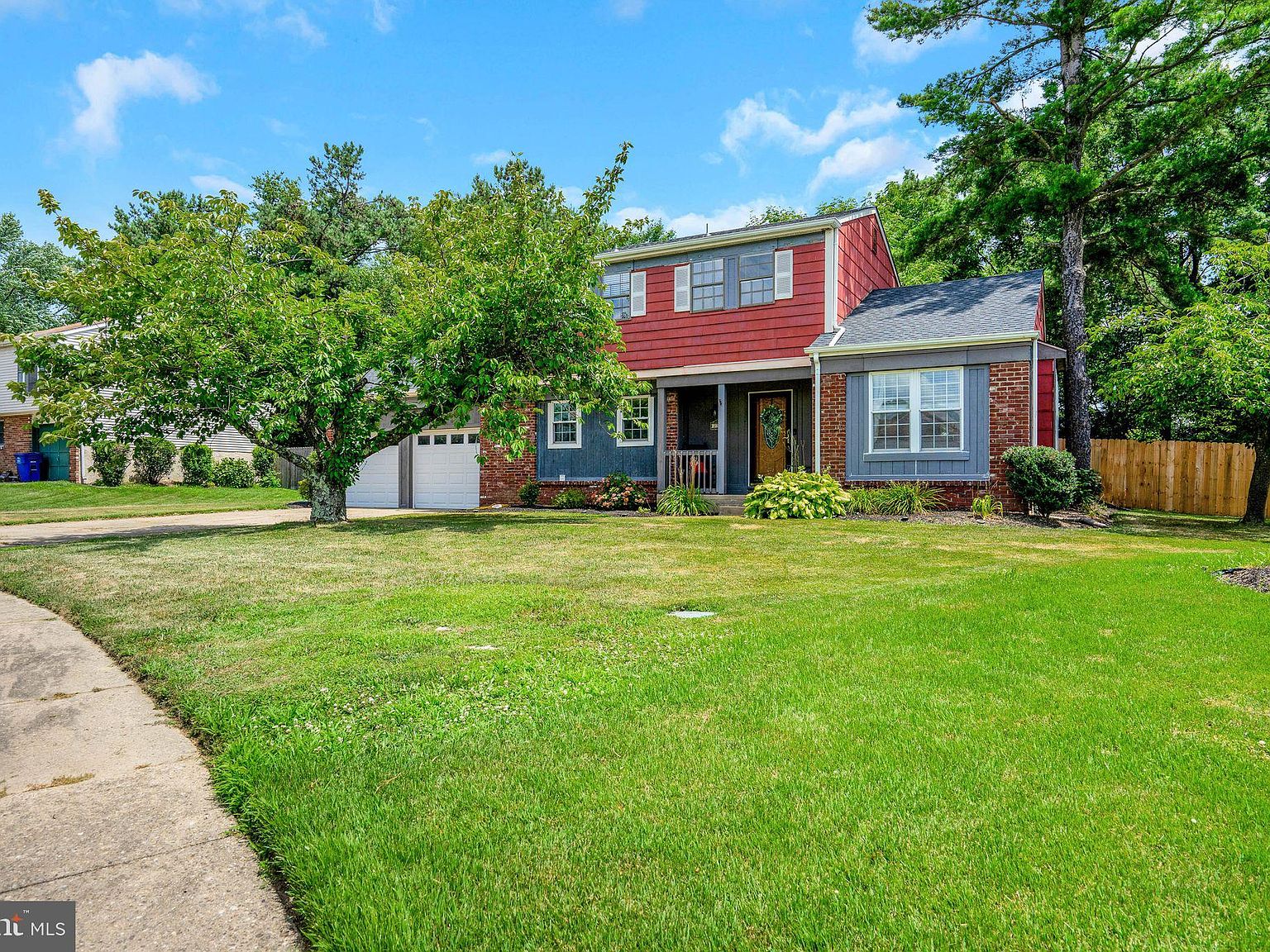
232 Winding Way, Marlton, NJ 08053 Zillow
Virtual 3d tours of homessimilarly sold homestax historyfree mortgage calculator Floorplanupdated sales infolocal expert advicelifestyle Neighborhood infosearch by commute timedraw your own search areahome buying tips

246 Winding Way, Marlton, NJ 08053
Floorplanupdated sales infolocal expert advicelifestyle Virtual 3d tours of homessimilarly sold homestax historyfree mortgage calculator Neighborhood infosearch by commute timedraw your own search areahome buying tips
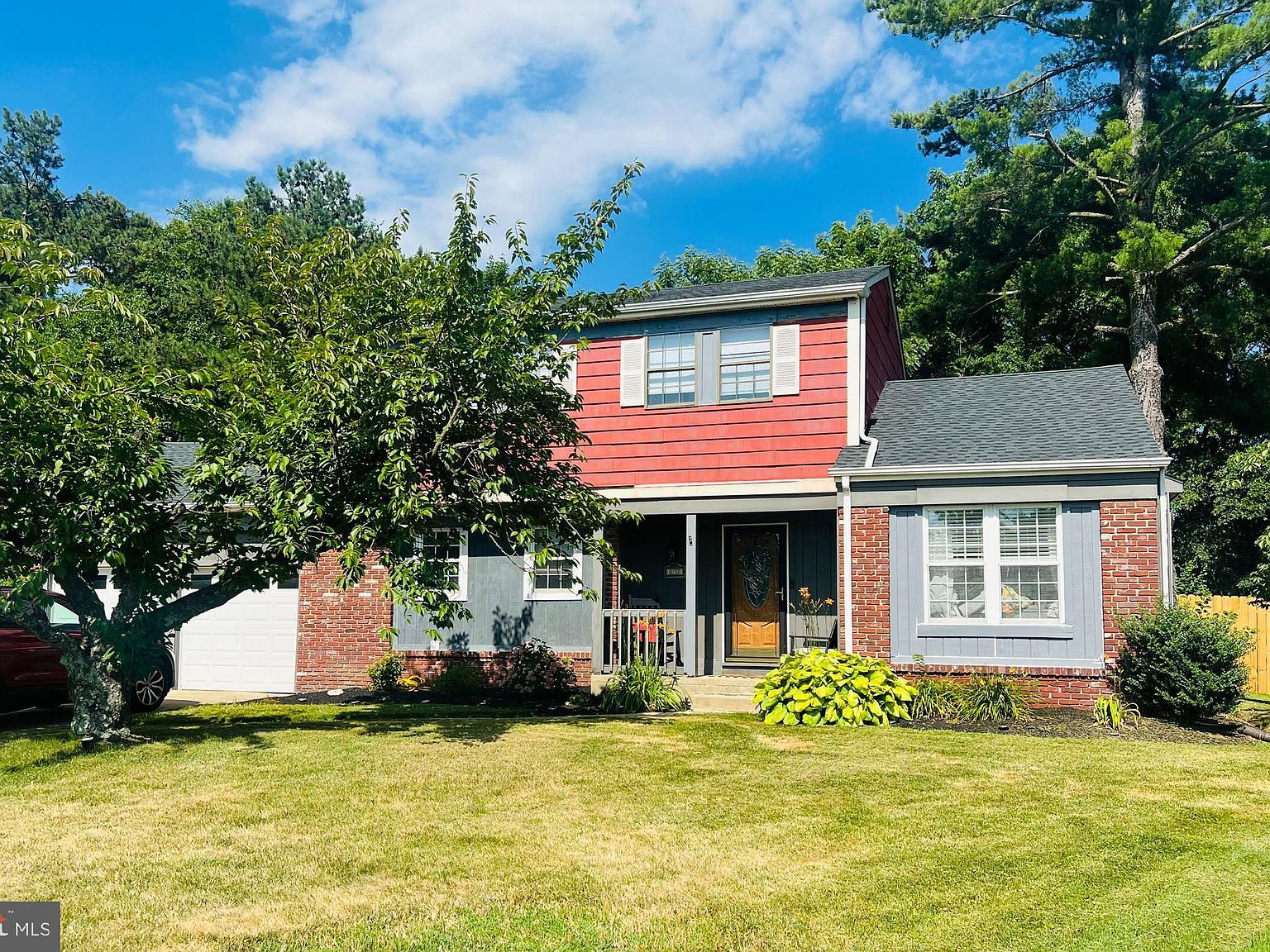
232 Winding Way, Marlton, NJ 08053 MLS NJBL2068340 Zillow
Neighborhood infosearch by commute timedraw your own search areahome buying tips Virtual 3d tours of homessimilarly sold homestax historyfree mortgage calculator Floorplanupdated sales infolocal expert advicelifestyle

230 Winding Way, Marlton, NJ 08053
Virtual 3d tours of homessimilarly sold homestax historyfree mortgage calculator Floorplanupdated sales infolocal expert advicelifestyle Neighborhood infosearch by commute timedraw your own search areahome buying tips
Relationships can become transactional, where each party enters into an agreement based on what they stand to gain. Yet, even within this system, there is room for hope. For some, the thrill of hunting for unique, one-of-a-kind items is as much a part of the experience as the purchase itself. Additionally, trends in sustainability and eco-conscious living have contributed to the growth of the second-hand market, as consumers become more aware of the environmental impact of their purchasing decisions. When consumers buy these goods, they are investing in both the product and the people behind it. Quality goods transcend trends and fleeting fads. It implies that there’s nothing off-limits, nothing beyond the reach of commerce. On the other, there’s the challenge of assessing the true value of a business, navigating the complex negotiations, and ensuring that the business is a sound investment in terms of both its financial health and its long-term viability. For the seller, the goal is often to maximize the value of the business, while for the buyer, the focus is on ensuring that the investment is sound and that the business can continue to thrive under new ownership. These platforms provide a convenient way for sellers to connect with potential buyers, set their prices, and arrange for shipping or pick-up. This stage can involve a variety of specialists, such as accountants, lawyers, and industry experts, who can provide a comprehensive evaluation of the business. Many high-quality products come with a rich history, whether it’s the legacy of a renowned brand or the personal touch of a local maker. These platforms have also made it easier for individuals to sell their own pre-owned goods, turning unused or unwanted items into cash. One common concern is the risk of purchasing items that are damaged or not as described. For many people, there is something uniquely satisfying about sifting through racks of clothes, rummaging through bins of books, or browsing shelves of home goods in search of that perfect item. The possibilities are endless, and the result is often something more unique and personal than what could be bought new. Once an agreement is reached, the final step is the legal transfer of ownership. What was once limited to boutique shops or high-end department stores can now be purchased from the comfort of one’s home. For the seller, the goal is often to maximize the value of the business, which requires a clear understanding of the company’s assets, liabilities, and future earning potential. These generations are more aware of the environmental impact of fast fashion, disposable goods, and the need to adopt more sustainable practices.
For the seller, the goal is often to maximize the value of the business, which requires a clear understanding of the company’s assets, liabilities, and future earning potential. A high-quality winter coat, for example, will keep you warm and dry through years of cold weather, offering comfort and protection that a cheaper, mass-produced coat cannot match. Selling such an item can be a difficult decision, yet it often represents the practical need to downsize or make space for something new. The marketplace for second-hand items continues to grow, driven by economic, environmental, and cultural factors. It may have been passed down, carefully preserved, and lovingly maintained. The first and most obvious reason is the tangible benefits they offer. The sale process itself can be lengthy and involves multiple stages. Used bookstores, both physical and online, offer an extensive selection of pre-owned books, from contemporary novels to classic literature. In this sense, quality is not just about prestige; it’s about making thoughtful choices that contribute to a more sustainable and rewarding lifestyle. This practice is an essential aspect of sustainability, as it helps conserve resources and reduces the amount of waste sent to landfills. The environmental benefits of buying second-hand goods go beyond just reducing the need for new production. For people looking to furnish their homes, build a wardrobe, or invest in certain hobbies or collections, second-hand goods often provide a way to access items they might otherwise be unable to afford. In some cases, it’s not just objects that are for sale, but entire industries or institutions. People are not just looking for things that work well; they want products that elevate their environment and their experiences. This has made it easier for people to find items that might have otherwise been out of reach, whether it’s a rare collectible, an antique, or a product from another country. In this world, emotions can feel like products, available to be consumed at will and disposed of when they no longer serve a purpose. While many artists and creators are forced to sell their work in order to make a living, there is still a sense of purity in the act of creation. The artist who created it may have one understanding of its worth, while a collector may see it as a valuable investment, and a casual admirer might simply appreciate its beauty without considering its monetary value. When a car is put up for sale, it can feel like letting go of a part of one’s journey. Similarly, during periods of economic growth, there may be a greater willingness to spend on luxury second-hand items, such as high-end fashion or collectible items.